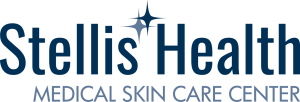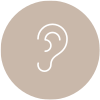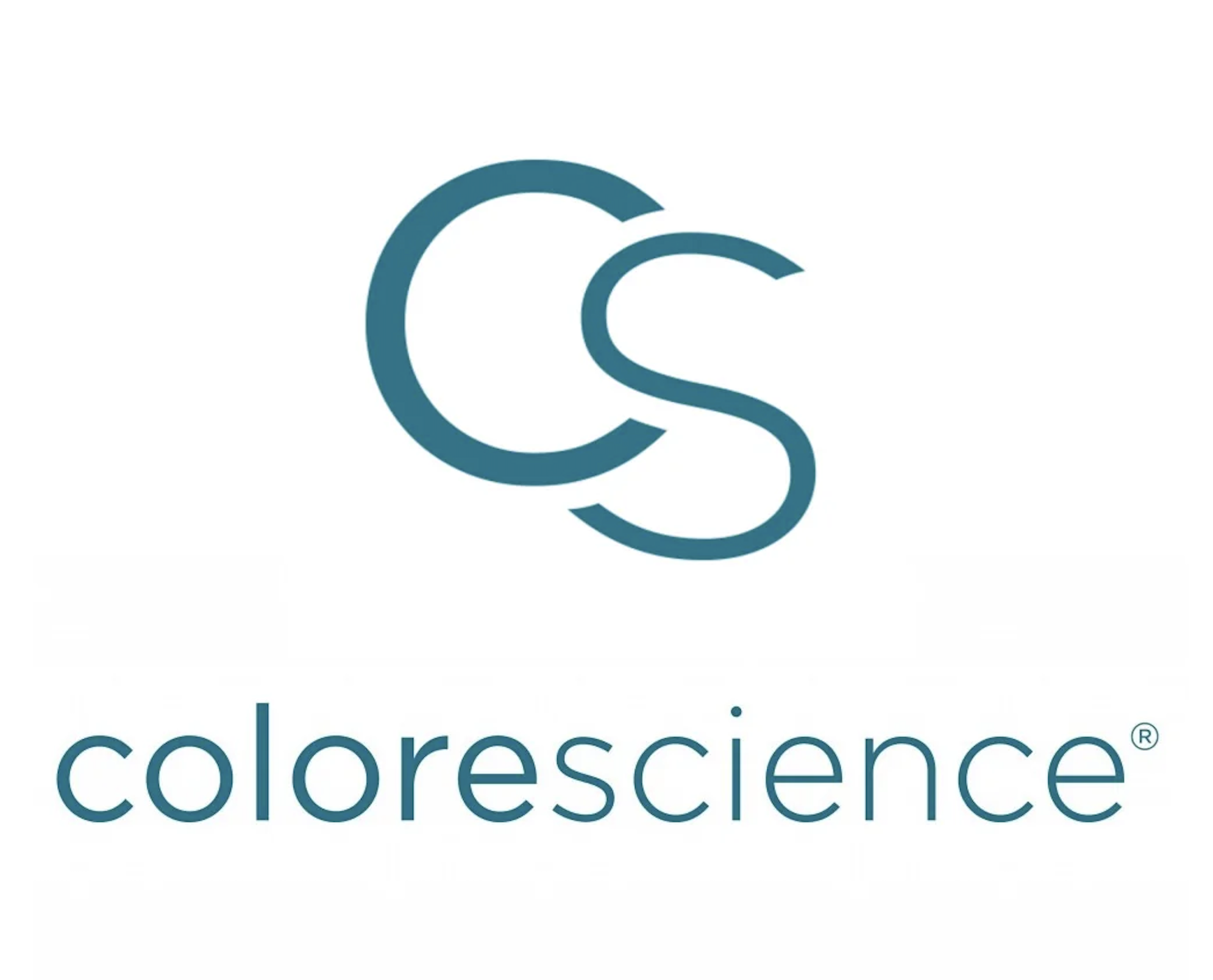Acne Treatment
Acne Treatment
Alleviate Acne Anguish
3 Reasons to Seek Acne Treatment:
1
Control Acne
2
Avoid Scarring
3
Reduce Scars
What is acne?
What ages do you treat?
Acne can start as early as pre-teens and last well into your early 20s. For some adults acne persists throughout their 30s and beyond. Acne can affect many ages regardless of gender, most people will be affected by acne at some point in their lives. You should seek help if over-the-counter medications are not working, acne is worsening, becoming painful, or impacting your self-esteem.
Products to help control facial acne
There are many effective treatments available to help fight acne. Our providers might suggest over-the-counter products, and discuss your skin care routine. Depending on the severity of your acne, your age and type of acne you might need to use one or more products along with something stronger or prescription strength. Be sure to check out the skin care products we offer with proven ingredients to help control facial acne.
Topical Anti-acne Agents
• Benzoyl peroxide: destroys the bacteria on the skin surface. Dryness is a side effect.
• Retinoids: breakup blackheads, white heads, prevent clogged pores and new formations. Side effect is irritation and dryness but will get better over time.
• Salicylic acid toner, facial wipes and cleansers: Dissolve dead skin cells to prevent hair follicles from clogging.
• Azelaic acid: Kills microorganisms on the skin and reduces swelling.
Antibiotics
Accutane (also known as isotretinoin)
Therapies
• Depending on the condition of acne, our providers might suggest one of our specialized therapies along with a personalized regime for you. Some of the following therapies are offered at a discount price with a medical visit.
• Steroid injections, chemical peels, at home chemical peels, microdermabrasion and or other therapies that work for treating acne.
EltaMD
We offer sunscreens for acne, sensitive and rosacea prone skin.
Which treatment is the best for acne?
A good start to treating acne is a healthy skin hygiene routine: cleansing and moisturizing your face day and night is important. Eating a healthy diet and drinking lots of water will also naturally help your skin. Non-prescription treatments such as cleansers, creams, and gels work for many people. If the acne is more severe, topical and oral prescriptions may be recommended. Finally, procedures such as microdermabrasion and skin peels are other popular treatment options that can be added on for a discount price with your medical visit.
Can acne be cured or treated?
Unfortunately, acne cannot be cured. Most acne will resolve itself over time, but if the wait is getting too long for you or your child, there are many treatments to try. Topical treatments are often used. Isotretinoin (also known as accutane) comes pretty close to a “cure” and is prescribed for severe cystic or nodular acne. Your provider can let you know if it is a good choice for you.
What foods cause acne?
The jury is still out on whether certain foods are directly linked to acne breakouts. However, common problem foods that can cause acne are sugar, dairy products, greasy foods, chocolate, refined grains, foods rich in omega- 6 fats (like cornflakes, soybean oil, etc.) and an excess of animal protein. If your skin reacts after eating the aforementioned foods, it is best to avoid them.
Why am I breaking out so much?
A common reason for acne breakouts is a change or an increase in hormone levels. A change in diet such as eating more dairy, sugary, or greasy foods, can also be the culprit. Forgetting to cleanse the skin, dehydration, lack of sleep, stress, smoking, and certain skin care products can also have adverse effects on skin health.
Where can I learn more?
Make an appointment with Stellis Health to discuss your options.


